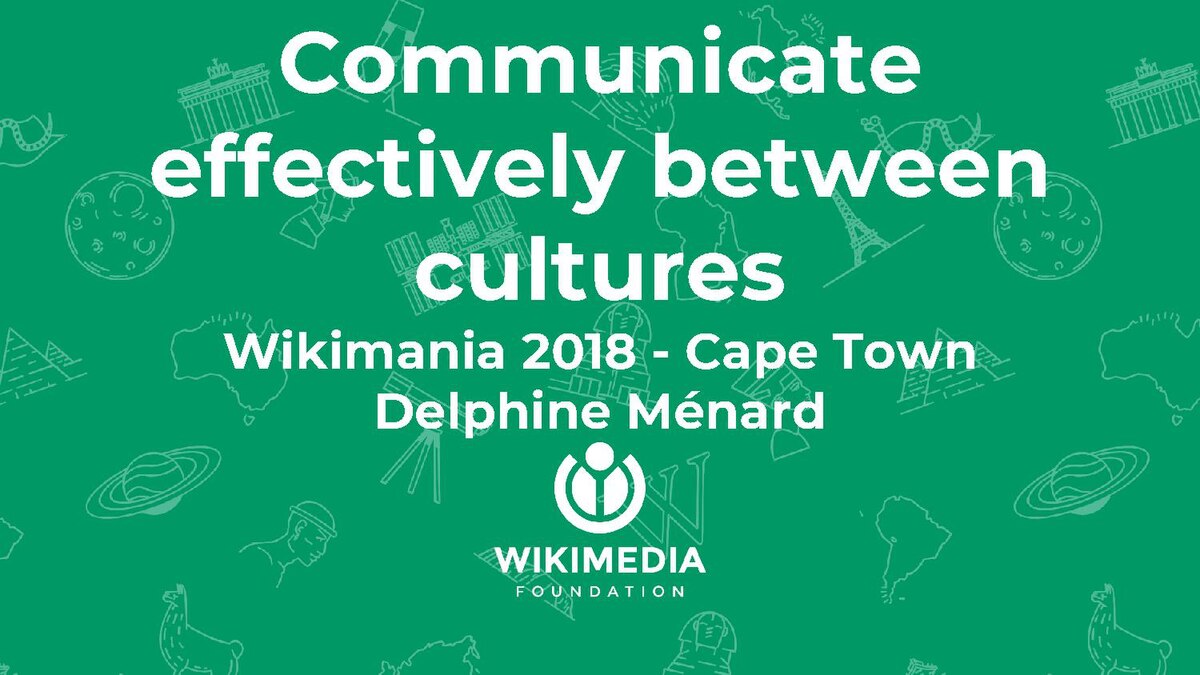Relational-Cultural Theory: A Fresh Perspective Counselors are faced with an increased challenge to find ways to relate to diverse clients and build strong therapeutic alliances (Constantine, Hage, Kindaichi, & Bryant, 2007; Owen, Tao, Leach, & Rodolfa, 2011).
In this second edition of Relational–Cultural Therapy, Judith V. Jordan returns to explore the history, theory, and practice of relationship centered, culturally oriented psychotherapy.
Western psychological theories generally depict human development as moving from dependence to independence. In contrast, relational–cultural therapy is built on the premise that, throughout the lifespan, human beings grow through and toward connection, and that we need connections to flourish. This theory views isolation, at both individual and cultural levels, as a major source of suffering.
The goal of the relational therapist is to deepen the therapeutic relationship and, ultimately, the client's relationships outside of therapy. The client's relational images — positive or negative expectations created by past relationships — influence current relationships, and a negative image can result in disconnections between people and society.
This essential primer, amply illustrated with case examples, is perfect for graduate students and seasoned practitioners alike. This new edition highlights new research on the effectiveness of relational–cultural therapy in a variety of real-world situations — such as developing team-building exercises in workplaces, and providing a theoretical frame for an E.U.-sponsored conference on human trafficking.
Series Preface
How to Use This Book With APA Psychotherapy Videos
- Keywords: relational-cultural theory, counselor training, counseling competencies, cultural diversity, therapeutic relationship skills In writing about the training and practice implications of con- The Theory and Practice of RCT textual models of therapy, Wampold (2001) emphasized that the- oretical approaches to counseling must be grounded in.
- Relational-Cultural Theory suggests that society is divided in segments that support specific dominant groups or characteristics and marginalize and oppress others. Without the access to the specific groups, people tend to experience societal disconnections and can result in chronic isolation and suffering (Duffey & Trepal, 2016).
- Relational-Cultural Theory (RCT) is rooted in the groundbreaking work of Jean Baker Miller, who proposed a new understanding of human development in her book Toward a New Psychology of.
- Introduction
- History
- Theory
- The Therapy Process
- Evaluation
- Future Developments
- Summary
Glossary of Key Terms

Suggested Readings
References
Index
About the Author
About the Series Editors
Judith V. Jordan, PhD, is the director of the Jean Baker Miller Training Institute and founding scholar at the Stone Center of Wellesley College.
Dr. Jordan is an assistant clinical professor of psychiatry at Harvard Medical School. She and colleagues developed a relational model of human development and clinical practice (relational–cultural theory) that emphasizes the centrality of relationship in our lives.
After graduating Phi Beta Kappa and magna cum laude from Brown University in Providence, Rhode Island, she earned her PhD in clinical psychology at Harvard University in Cambridge, Massachusetts, where she received special commendation for outstanding academic performance.

She was the director of psychology training as well as the director of the women's studies program at McLean Hospital, a Harvard Teaching Hospital. For the past 20 to 30 years she has worked with Jean Baker Miller, Irene Stiver, and Jan Surrey on the development of what has come to be known as relational–cultural theory.

Dr. Jordan has published more than 50 original reports, 30 chapters, coauthored three books, and edited or coedited two books.

She is the recipient of the Massachusetts Psychology Association's Career Achievement Award for Outstanding Contribution to the Advancement of Psychology as a Science and a Profession and was also selected as the Mary Margaret Voorhees Distinguished professor at the Menninger School of Psychiatry and Mental Health Science in the spring of 1999. She received the annual psychiatric residents' Outstanding Teacher of the Year award at McLean Hospital in Belmont, Massachusetts, and she is listed in Who's Who in America.
Dr. Jordan was awarded an honorary Doctor of Human Letters in 2001 from New England College in Henniker, New Hampshire, with 'utmost admiration for her contribution to science and the practice of psychology.' In 2002, she received a Special Award from the Feminist Therapy Institute in recognition of outstanding contributions to the development of feminist psychology. Dr. Jordan received the 2010 Distinguished Psychologist Award from APA Division 29 (Society for the Advancement of Psychotherapy), which is given to only one psychologist in the United States and Canada each year in recognition of oustanding accomplishments and significant lifetime contributions to the field of psychotherapy.

Dr Jordan is on the editorial board of the Journal of Clinical Psychology: In Session and the Journal of Creativity and Mental Health.
Relational Cultural Theory Pdf
She has written, lectured, and conducted workshops nationally and internationally on relational–cultural theory, women's psychological development, gender differences, mothers and daughters, mothers and sons, empathy, mutuality, psychotherapy, shame, connections and disconnections, mutual empathy, marginality, diversity, courage, vulnerability, new models of strength, competence and connection, women's sexuality, gender issues in the workplace, marginalization, relational practice in the workplace, new models of leadership, traumatic disconnections, good conflict, competition and a relational model of self.
Relational Cultural Theory Pdf Free
Dr. Jordan frequently serves as a resource for researchers and the media on these issues; she appeared on the Oprah Winfrey show as an expert on the importance of relationships for personal and societal well-being.
The approach described in this book embodies an outstanding advance in psychotherapy with broad implications for social justice. By challenging stratification and marginalization and promoting connectedness and relationships, relational–cultural theory is a model of compassion and mutual growth that applies both inside and outside the psychotherapeutic milieu.
—Aaron T. Beck, MD
President Emeritus, Beck Institute for Cognitive Behavior Therapy, Bala Cynwyd, PA; University Professor Emeritus of Psychiatry and Emeritus Director of the Aaron T. Beck Psychopathology Research Center at the University of Pennsylvania, Philadelphia
Relational Cultural Theory Pdf File
- Relational–Cultural Therapy Over Time
In Relational–Cultural Therapy Over Time, Dr. Judith V. Jordan shows how this approach works and how it deepens the therapeutic relationship and the client's relationships outside of therapy.